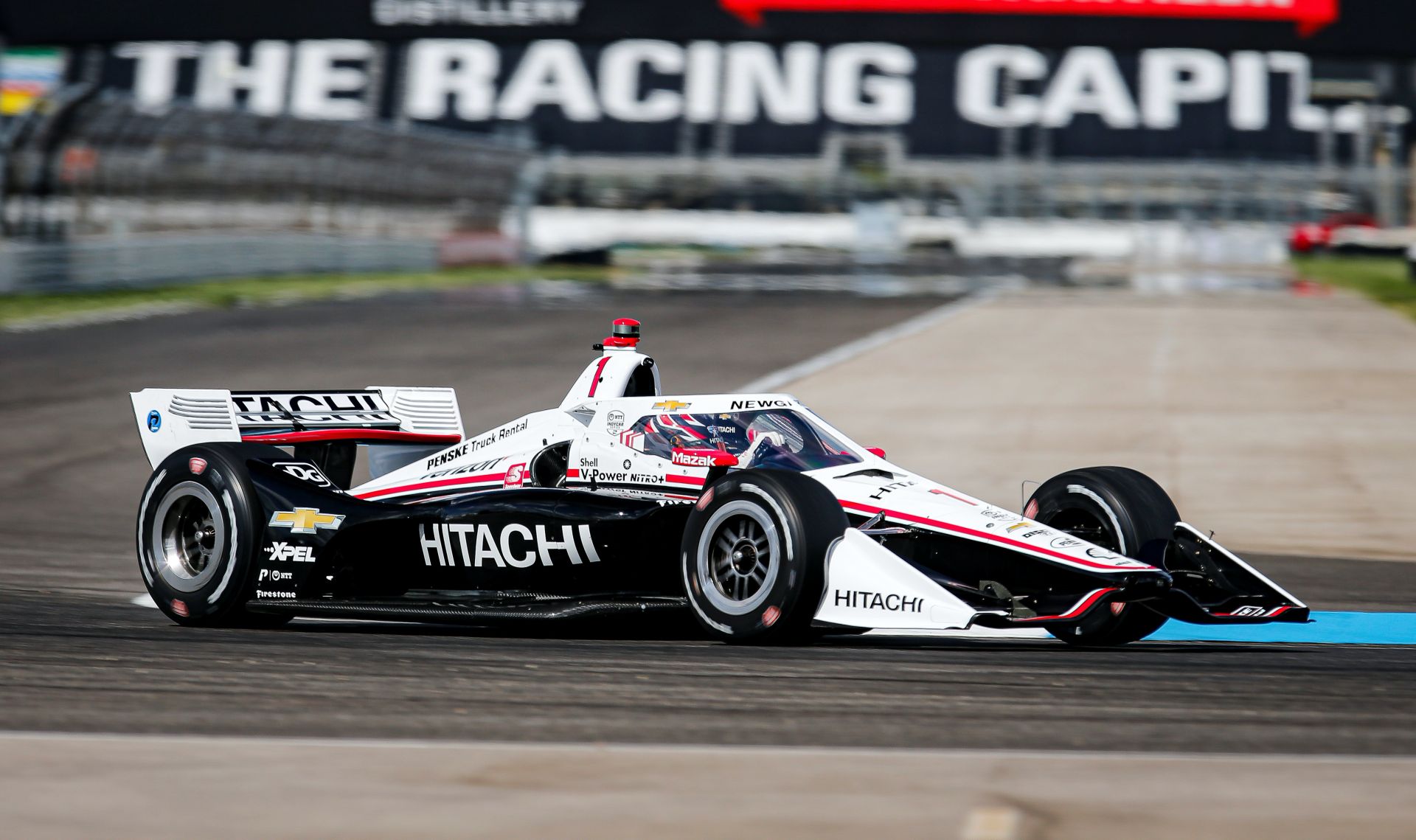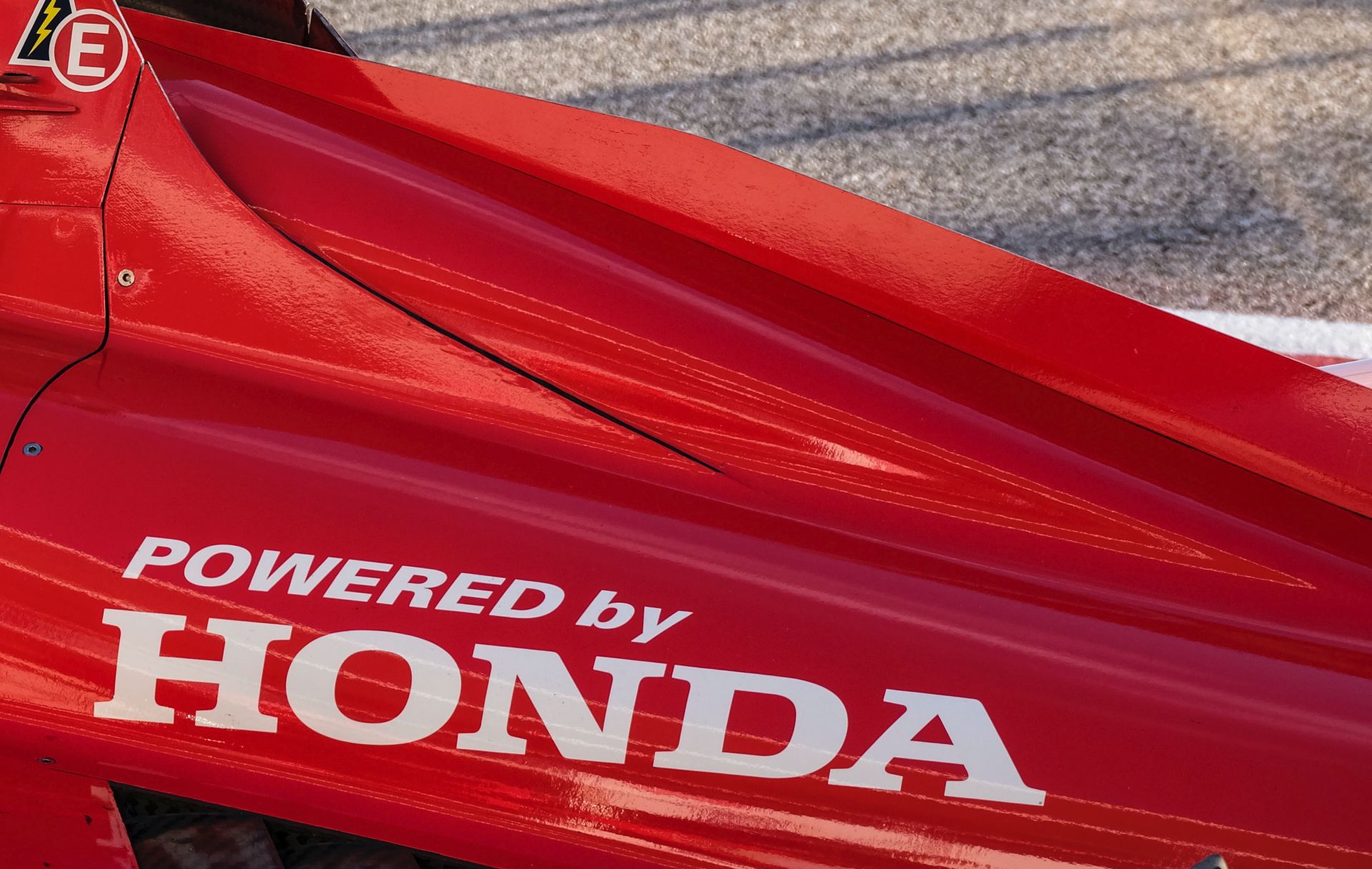Last week, Honda announced it would quit Formula 1 as an engine supplier at the end of the 2021 season.
While that decision came as a surprise to many, Honda’s fresh move to extend its deal with IndyCar is something most open-wheel racing fans were taking as granted. The Japanese automaker and Chevrolet announced they have agreed to a multi-year extension of their engine supplier contract with IndyCar.
Starting with the 2023 NTT IndyCar Series season, Honda and Chevrolet will supply new 2.4-liter twin-turbocharged V6 hybrid powertrains capable of producing more than 900 horsepower, a gain of 100 horsepower over the current 2.2-liter twin-turbo V6 engines. Initially, the adoption of hybrid engines was scheduled for the 2022 season, but the global COVID-19 pandemic has delayed the introduction by one year.
Read Also: Roger Penske Buys IndyCar Series And Indianapolis Motor Speedway
“Honda welcomes this step to the future by IndyCar, action that mirrors Honda’s efforts to develop and manufacture high performance, electrified products that will meet industry challenges and delight our customers,” said Ted Klaus, president of Honda Performance Development.
“We are thrilled to be moving forward with IndyCar because it’s the perfect showcase for our engine technology, in the only open-wheel racing series in America, a high-tech, growing series that Roger Penske and his team are absolutely taking to the next level,” added Mark Reuss, president of General Motors.
The new powertrain system will be a departure from the traditional, manual handheld starters, allowing drivers to restart their car quickly should it stall on the track. This will add to the fan experience by potentially reducing the number of caution flags on track, therefore leading to better flow and time of the races. It will also benefit the AMR IndyCar Safety Team by reducing exposure time on track.
The hybrid formula enables a continuation of manufacturer competition in North America’s top open-wheel racing series well into the next decade. The commitment also provides opportunities for additional manufacturers to join the series, something both Honda and Chevrolet say they strongly support.
The Japanese automaker says the IndyCar announcement aligns its North American racing programs with the company’s product development activities, as two-thirds of its new vehicles sales worldwide will be electrified by 2030. Chevrolet also plans to significantly increase the share of electrified vehicles in its lineup during this decade.





